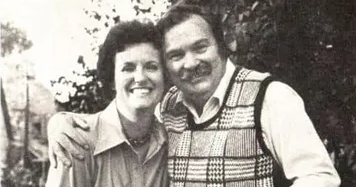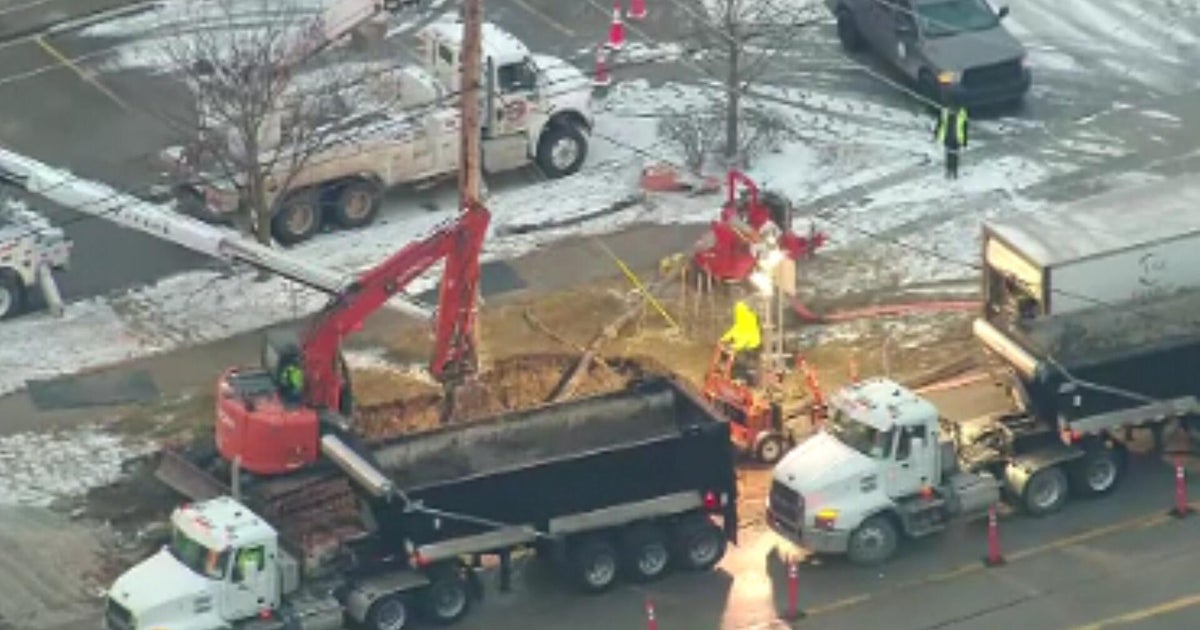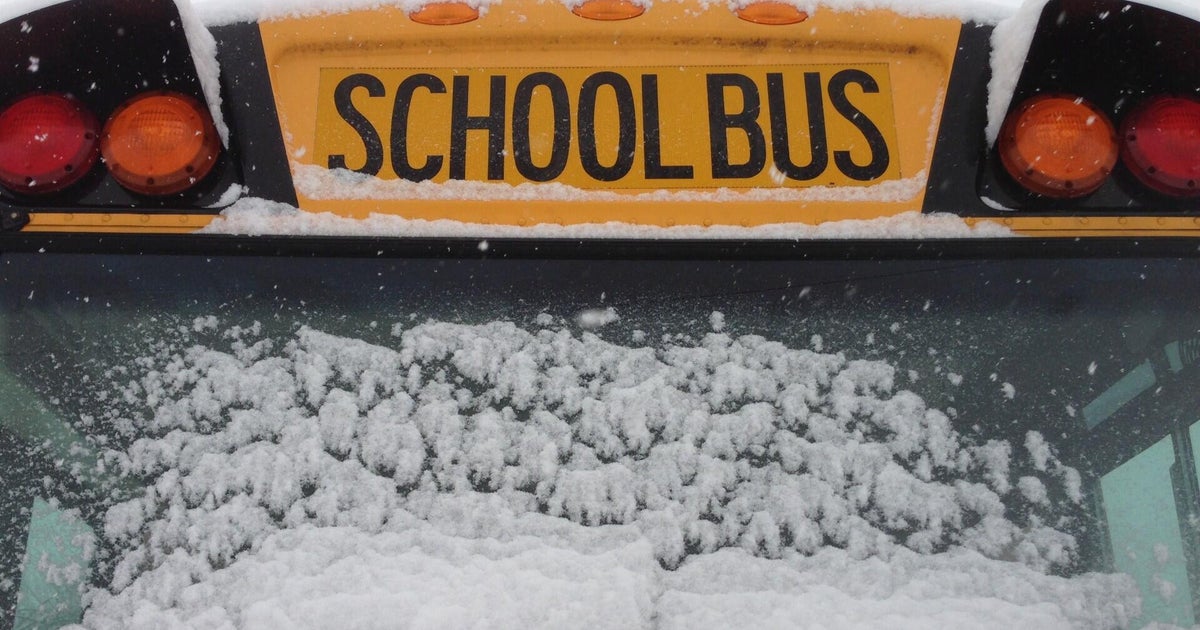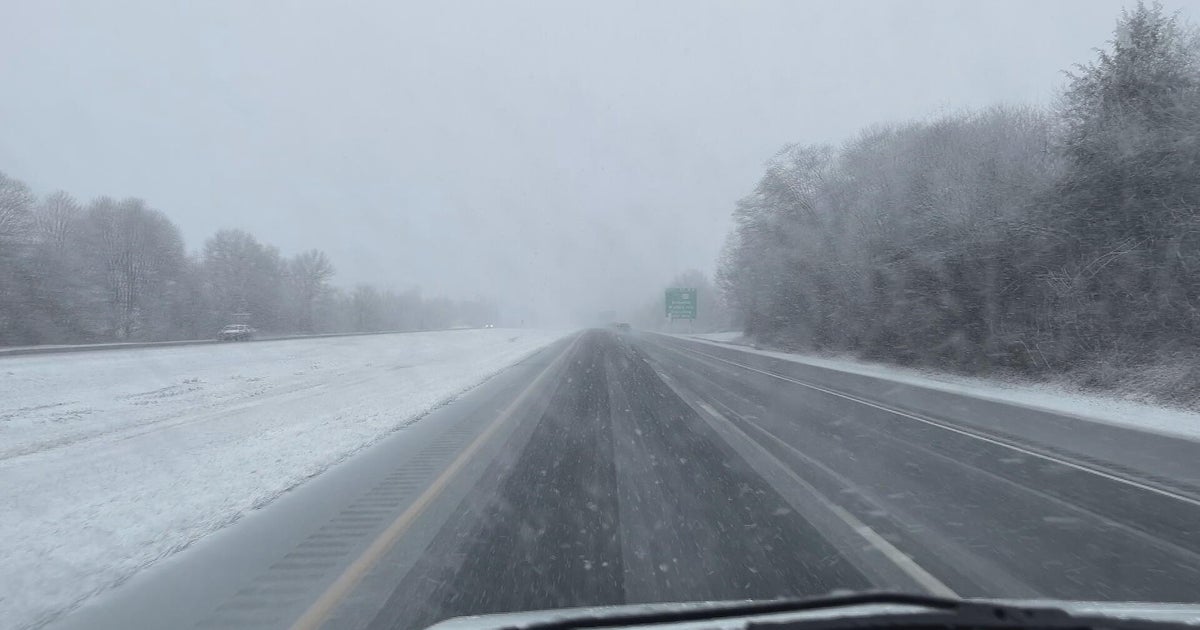Free Rides For Seniors To End Labor Day
CHICAGO (WBBM/CBS)-- The free ride will come to an end late this summer for more than 260,000 Chicago-area senior citizens.
WBBM Newsradio 780 has learned that the Regional Transportation Authority will transition from the 3-year-old system under which all senior citizens ride free to a half-fare system for the majority of senior citizens "around Labor Day."
LISTEN: Newsradio 780's Bob Roberts Reports
Podcast
RTA spokeswoman Diane Palmer said Wednesday that all 440,000 of the Seniors Ride Free smart cards will be replaced by three batches of magnetic-stripe cards currently on order.
The move comes two months after Gov. Pat Quinn signed a bill into law that ended the policy of letting all senior citizens ride free on mass transit systems. Now, elderly people above a certain income level will have to pay.
Palmer said RTA could not procure enough smart cards on such short notice, so seniors instead will be issued one of two magnetic-stripe cards similar to the older, flexible plastic cards used by Chicago Transit Authority and Pace, which must be inserted into turnstiles.
Those who qualify for free rides under guidelines established by the state of Illinois Circuit Breaker program will continue to get free rides. Other senior citizens will revert to paying half fare, the maximum allowed under federal law.
For a single person, the income level to qualify for free rides is $27,610 a year. In a two-person household, it will be $36,635.
Palmer said the new cards will go into the mail around Aug. 1, and that the RTA will allow a month for everyone to receive them.
The cards are intended as a stop-gap until the CTA, Metra and Pace convert to a universal fare card system, most likely based on credit cards, that could occur as early as next year.
The new restrictions on the Seniors Ride Free program will be tied to an extensive public relations campaign expected to run most of the summer.
Since-disgraced Gov. Rod Blagojevich demanded a law allowing seniors to ride free in exchange for passing a state transit funding bill at the beginning of 2008. The free ride program was expanded to include the disabled and active duty members of the military in October 2008.
The RTA said last year free rides for seniors and the disabled costs the local transit system between $37.7 million and $116.2 million in lost revenue in 2009.
Now the RTA expects to generate more than $30 million a year in additional revenues by resuming half-fare collection.
Quinn had previously favored keeping the free service, and last fall repeatedly threatened to veto the bill if it landed on his desk. But he ended up changing his mind.







